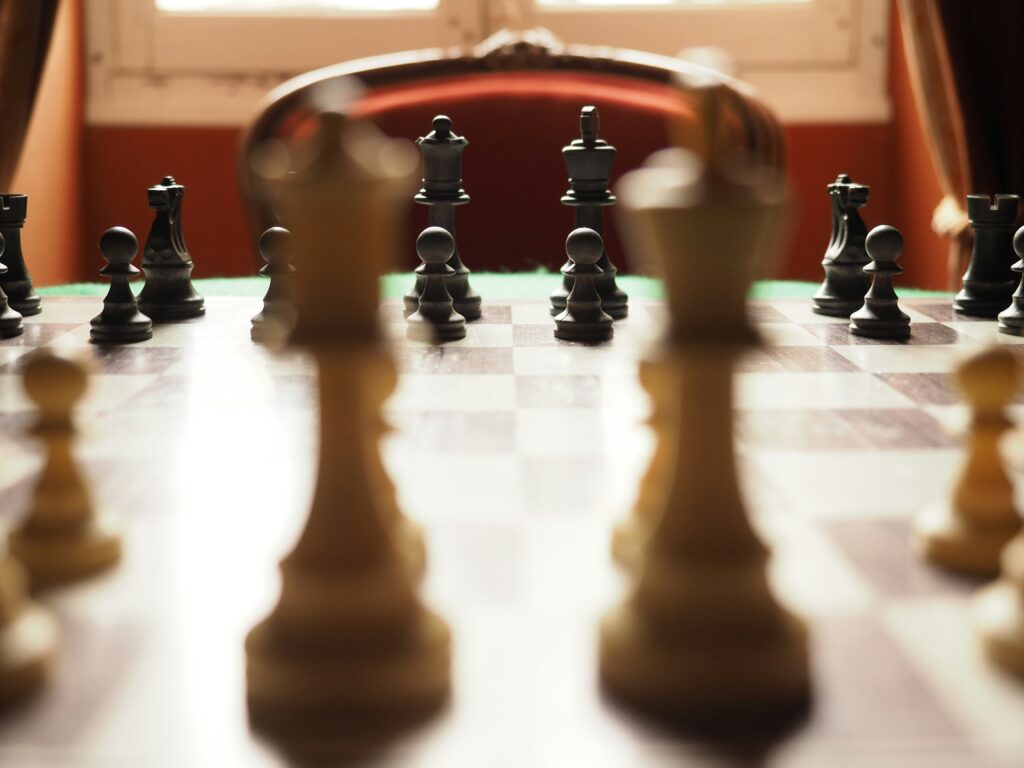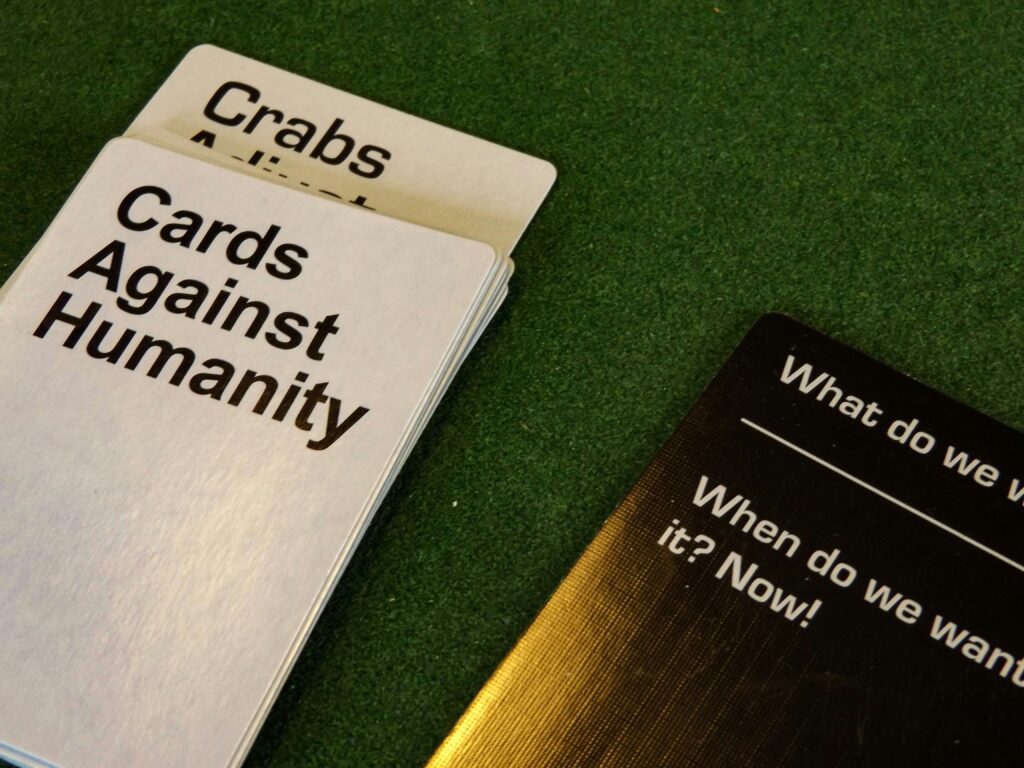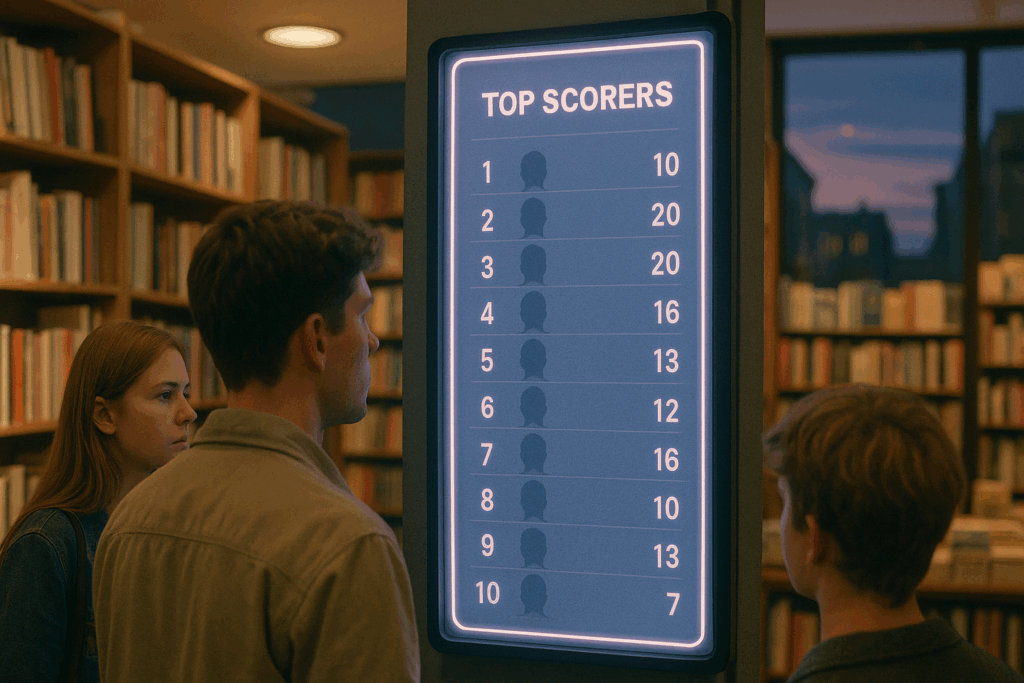Know the Game Before You Play
Success starts long before the match does. Too often, players jump into games without fully understanding what they’re getting into—and that’s where most losses begin. Gaining a strategic edge starts with mastering the basics.
Go Beyond the Surface
Many players learn just enough to get by but fail to grasp what makes a game truly tick. This surface-level understanding limits your potential and keeps you from responding effectively when strategies evolve mid-game.
- Learn core mechanics: movement, abilities, economy systems
- Recognize how different roles interact across gameplay phases
- Understand how small advantages stack over time
Learn the Rules of Engagement
Every game has unique systems and win conditions. Knowing these elements deeply equips you to make smarter decisions and react quickly as matches unfold.
- Study the win conditions—what actually secures victory
- Know common victory paths and how to disrupt your opponents’ plans
- Identify map layouts, objective points, and choke zones
Why Most Players Lose Early
Losing often begins with preparation—or lack thereof. Entering a match without a solid grasp of mechanics and strategy puts you behind from the start.
- Lack of game knowledge leads to poor positioning and wasted resources
- Misunderstanding objectives creates conflicting team play
- Confusion in early moments frequently snowballs into late-game losses
Tip: Watch pro-level play or tutorials with an analytical eye—not just for entertainment. Pay attention to what decisions are made and why.
Understanding the rules and systems is your first step toward mastering any game. Strategy can’t begin unless you know the battlefield.
Build a Flexible Game Plan
Rigid strategies might work for a few matches, but true skill lies in adaptability. Competitive gameplay shifts rapidly, and the best players can pivot their plans mid-match based on the unfolding situation.
Why Adaptability Matters
The most dangerous opponents aren’t always the ones with the fanciest mechanics—they’re the ones who can adjust their tactics on the fly. Instead of relying on a single winning method, flexible players adapt to different maps, opponents, and in-game events.
- Static plans expose weaknesses as matches evolve
- Adaptive players respond quickly to shifts in dynamics
- Flexibility leads to consistency across different game modes and metas
Balancing Offense and Defense
Knowing when to press the advantage or hold your ground is critical. Aggression can win fights, but poorly timed pushes often lead to avoidable losses.
- Start with a general plan, then adjust based on how the match unfolds
- Use early-game cues (positioning, enemy behavior, resource availability) to decide your stance
- Recognize when stalling gains more than forcing a play
Reading the Game in Real Time
No strategy survives contact with the enemy—so pay attention to the battlefield as it evolves. Spotting patterns and reacting deliberately can unlock smarter plays.
- Watch enemy cooldown use, movement habits, and build choices
- Track map objectives and timing-based opportunities
- Update your plan after every key event: kills, trades, or rotations
A strong game plan should act as a guide, not a script. The best players combine preparation with real-time decision-making to outmaneuver rigid opponents.
Prioritize Communication in Team-Based Play
In team-based games, communication isn’t just helpful—it’s non-negotiable. The best teams don’t chatter endlessly; they speak with purpose. Short callouts. Clear intentions. No filler. The goal is simple: reduce noise, increase focus.
It starts with roles. Everyone needs one. Whether you’re running support, holding the flank, or anchoring defense, your team should know exactly what your job is—before the match begins. From there, callouts matter. Not poetic monologues, just sharp, useful info: enemy locations, cooldown timers, status changes. Saying more with fewer words means faster decisions and smoother execution.
Then there’s voice chat protocol. Great squads use it like a tool, not a crutch. One speaker at a time. Important info takes priority. Tilted rambling? Mute it. Voice comms should keep everyone grounded, focused, and synced. In critical moments, a calm voice saying “two top, rotating left” beats twenty seconds of panicked yelling.
Skilled teams build muscle memory not just with their mechanics, but with their communication. That’s how strategy turns into instinct, and instinct wins games.
Want a deeper breakdown? Check out Effective Multiplayer Strategies for Competitive Play.
Unlocking the Power of Timing
Winning isn’t just about landing shots or big plays. It’s about knowing when not to. Timing is underrated in most games—but it separates the decent from the deadly. Knowing when to push, retreat, bait, or stall can turn the tide.
Rushing works when windows open: the enemy blew their ults, a teammate snagged a pick, or you spot a rotation gap. But mindless aggression gets punished. Good players know to hold back when cooldowns are down, flanks aren’t ready, or key resources are tapped.
Cooldowns are lifelines. Blowing everything on a bad push leaves you exposed. The best teams stagger abilities, keep key tools in reserve, and combo bursts instead of wasting them solo. Same goes for economy in strategy games—drain everything too early and you’ve got nothing left when it counts.
Check any pro match. Valorant teams wait out enemy utility before making entry. StarCraft elites time expansions around power spikes. League players bait flashes before full-engage. It’s precise, not passive.
Master the rhythm. Hold when you need to, strike when it matters. That’s how you win the long game.
Mental Edge: Stay Cool Under Pressure
In competitive play, your mindset is just as important as your mechanics. Even highly skilled players falter under pressure if they haven’t trained their mental game. The ability to stay calm, read the moment, and make clear decisions—especially when stakes are high—can give you a lasting edge.
Staying Focused in Clutch Moments
Your final play may decide the match. That’s where focus matters most.
- Block out distractions, both in-game and IRL
- Breathe to regain composure and slow your decision-making pace
- Trust your practice—now’s not the time to second-guess
Tip: Treat critical rounds like any other. Overhyping the moment leads to overthinking.
Recognize Tilt and Fight Back
Everyone tilts. What matters is how you react to it.
- Know your signs: frustration, rushing plays, blaming teammates
- Take short mental breaks between rounds or matches
- Reframe your mindset: focus on the next move, not the last mistake
Mini-reset trick: Stand up, shake it out, refocus. Even 10 seconds away from the screen can help reset your mental state.
The Psychology of Staying Sharp When You’re Behind
Being down in a match isn’t the same as being out.
- Don’t play the scoreboard—play the moment
- Look for opportunities to turn momentum (smart risks, surprise tactics)
- Stay vocal and positive (especially in team games)
Key reminder: A comeback starts with belief. If your mindset cracks, your gameplay usually follows.
Practice Smarter, Not Just Longer
Grinding for hours won’t get you far if you’re repeating the same mistakes. Want real growth? Target the weak spots. Don’t treat practice like a checkbox—treat it like recon. Where are you missing shots? Where do you get outplayed? That’s where the work lives.
Start recording your sessions. Watch replays. Use performance tracking tools to get hard data on your strong and weak areas. Metrics don’t lie, and they cut through guesswork faster than intuition alone ever could.
Then, get surgical. Deliberate practice means isolating one problem, focusing on it with clean reps, and repeating until your brain wires it in. It’s not sexy. It’s not flashy. But it builds consistency and control, which is what separates solid players from elite ones.
Final Takeaways
Complicated strategies are overrated. The best players don’t win because they pulled off some ultra-secret move—they win because they understand what works and stick to it. Clarity beats complexity. Know your plan, execute it cleanly, and don’t get cute just to seem clever.
Elite gamers aren’t static. They review plays, study losses, and stay curious. Every patch, every meta shift, every new opponent is a chance to evolve. If something isn’t working, they don’t double down—they pivot. No ego, just data.
At the core of great strategy is a mix of fundamentals and speed. You’ve got to nail the building blocks—aim, map control, awareness—and then layer in fast adaptation. What wins today could lose tomorrow. Stay sharp, stay simple, and stay ready to shift when the game changes.


 Esports Trends Analyst & Community Programs Manager
Esports Trends Analyst & Community Programs Manager
